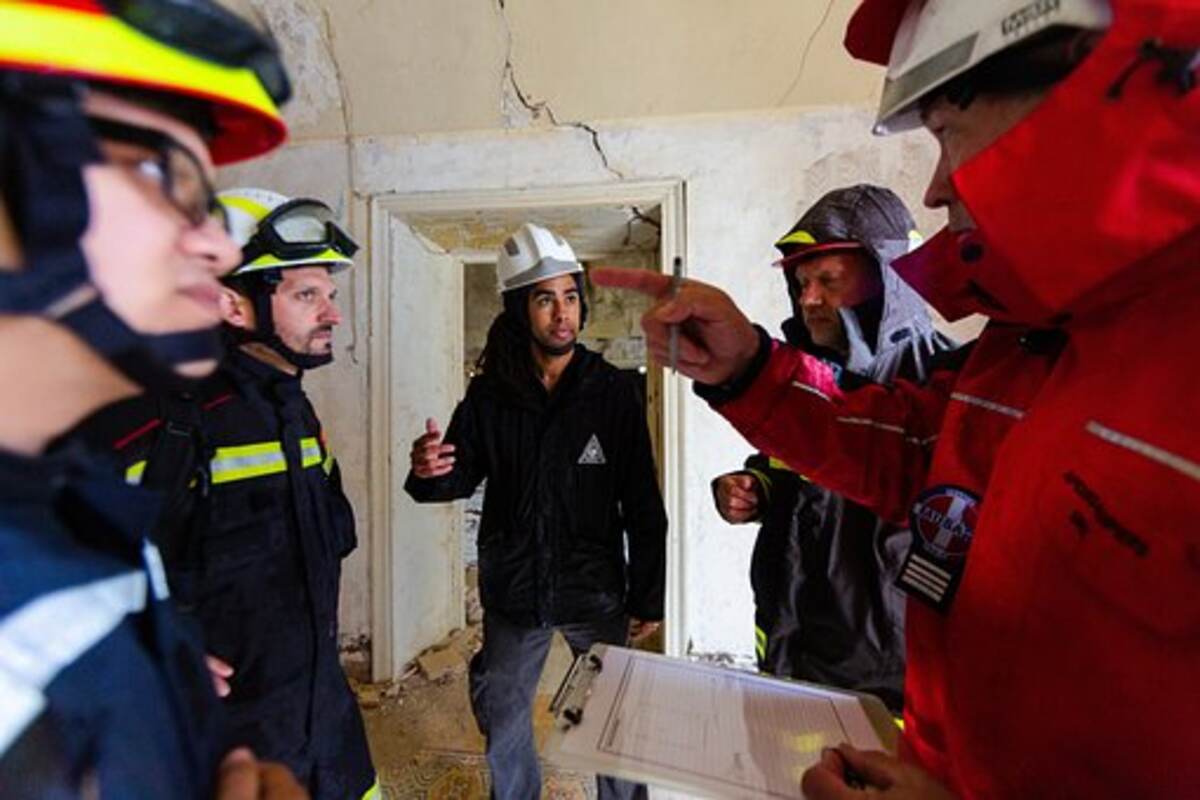Those of you who are interested in working in the field of civil engineering can find many jobs available today. There are different types of jobs, including Architects, Construction engineers, and Geotechnical engineers. Some of these jobs involve designing, planning, and constructing of various structures.
Construction engineers
Whether you want to work on a project for a large construction company or on your own, there are numerous opportunities in the field of civil engineering.
Civil engineers plan, design, build, and maintain infrastructure, including roads, bridges, buildings, and more. They also help protect the environment by designing systems that recycle water and other waste. They may also work on building jetliners and other high-speed transportation.
There are many different career paths for construction engineers, and a degree in this field is a must. Generally, most construction engineers have a bachelor’s degree, but some positions require advanced degrees. A master’s degree in engineering can boost your resume and help you find more jobs.
During the course of a construction project, construction engineers monitor progress and ensure the safety of workers. They also keep track of budgets and other aspects of a project. They may lead or work with architects and other engineers, such as structural or mechanical engineers.
Geotechnical engineers
Whether it is designing a foundation for a structure or a tunnel, geotechnical engineers play a crucial role in any construction project. They assess potential hazards and make practical recommendations to ensure that a project is safe and sustainable.
Geotechnical engineers have expertise in the field of engineering geology, which focuses on the mechanics of rock and soil. They also have knowledge in other areas of civil engineering. For example, some specialize in oil and gas, offshore drilling, and renewable energy.
They typically work on specific projects or contracts, and may also supervise the work of other professionals. Their duties include collecting and analyzing soil samples, performing lab testing, and reviewing borehole cores. They also have to keep up with new technology and safety regulations.
Geotechnical engineering is a fast-growing field, and it is expected to continue to increase in demand. It is important for aspiring geotechnical engineers to have advanced analytical and critical thinking skills. They must also be comfortable with technology and with using CAD software. They can also benefit from taking a postgraduate course.
Structural engineers
Whether you are constructing a new home, building a new business, or renovating an existing building, there is a good chance that you will need the services of a structural engineer. These professionals are responsible for the structural integrity of buildings and structures and can help you with such problems as moisture intrusion, freeze/thaw cycles, and drainage issues. They are also an expert in the field of construction and can recommend the best route to take.
The average structural engineer may have a variety of tasks, from designing buildings to inspecting properties. Their job may involve working with a variety of materials, such as steel, concrete, or wood. They also must know how to handle pressures and dead and dynamic loads.
They may also be called upon to perform inspections, testify as an expert witness, and provide a scope of repair. They can also work with insurance companies to help fight claims.
There are several ways to become a structural engineer, from an apprenticeship to a formal university program. A structural engineer should possess great analytical and problem-solving skills, as well as a good knowledge of physics, mathematics, and other related subjects.
Architects
Architects and civil engineers are both important members of the construction industry. However, there are certain differences between the two that should be considered. By understanding these differences, you can make a wise decisions about your future career.
Architects are responsible for designing buildings, houses, skyscrapers, museums, and other structures. They create designs for these structures based on the needs of occupants. They also use sophisticated computer software to develop detailed building plans. They ensure that buildings are structurally sound and comfortable and that they meet the requirements of clients.
Architects usually work in architectural firms. Some firms focus on design only while others offer complete construction services. They may also be independent contractors or consultants. They are required to pass the Architect Registration Examination and meet other requirements to be licensed.
Architects are trained in problem-solving and critical thinking. They may use hand-drawing skills, building information modeling software, and other techniques to design buildings. They also often visit building sites to make sure that the structures comply with building codes.

